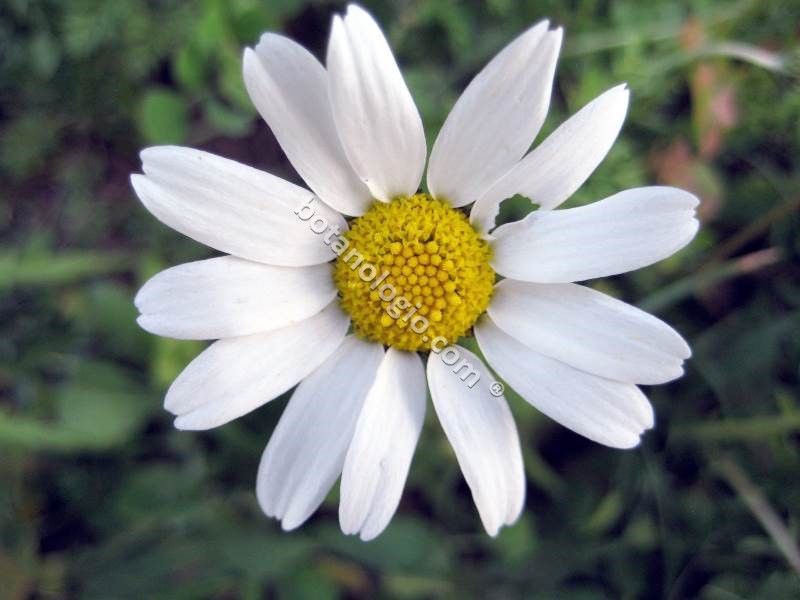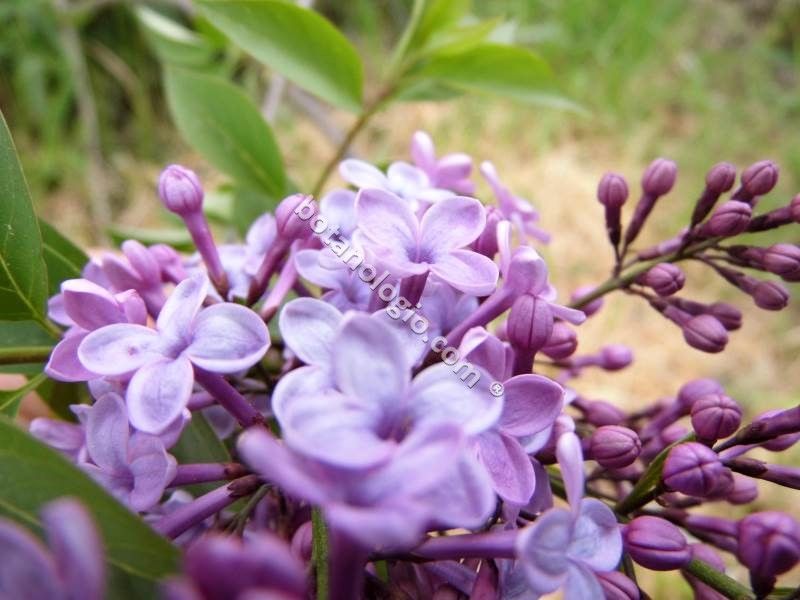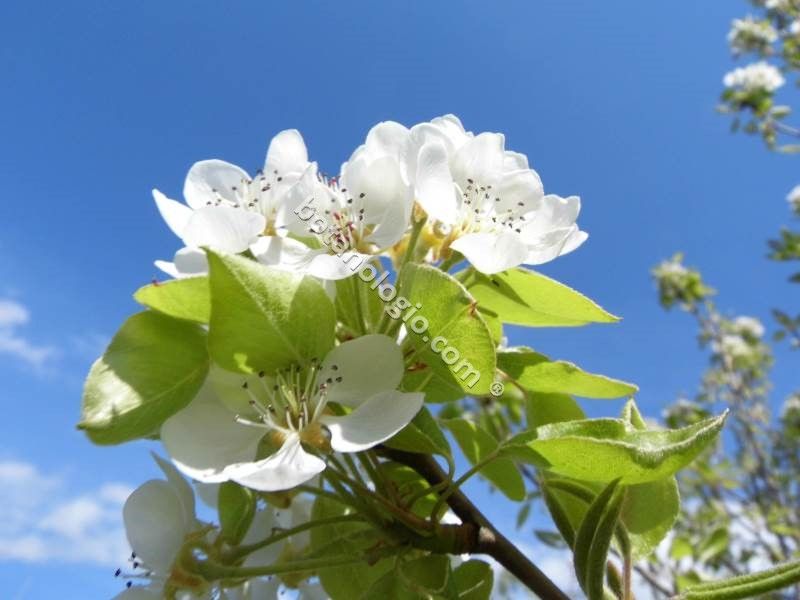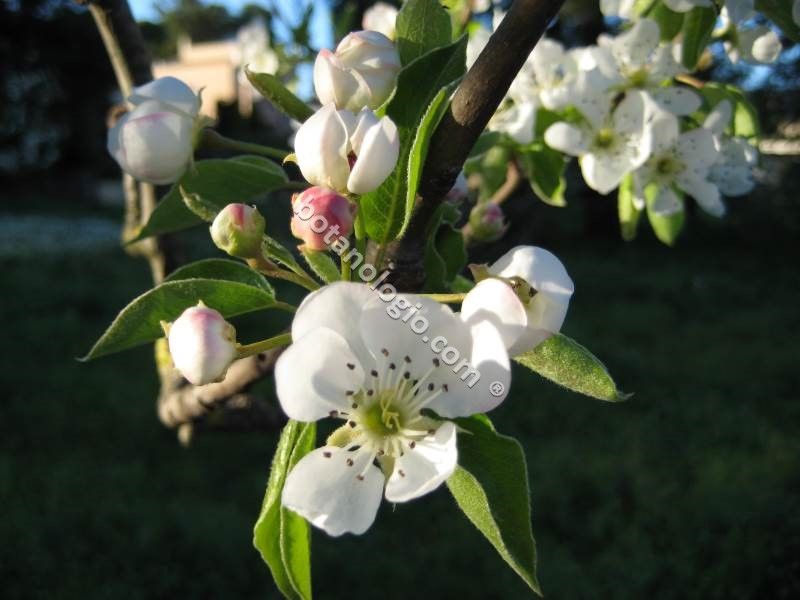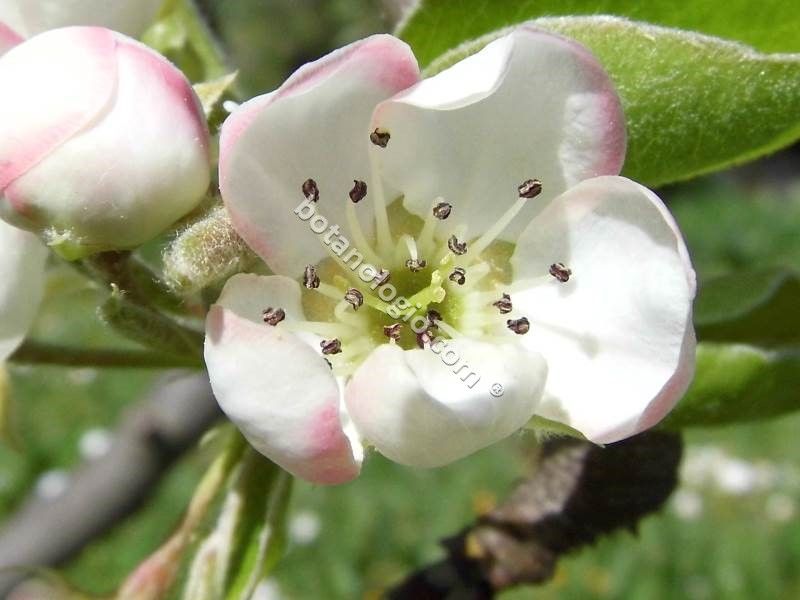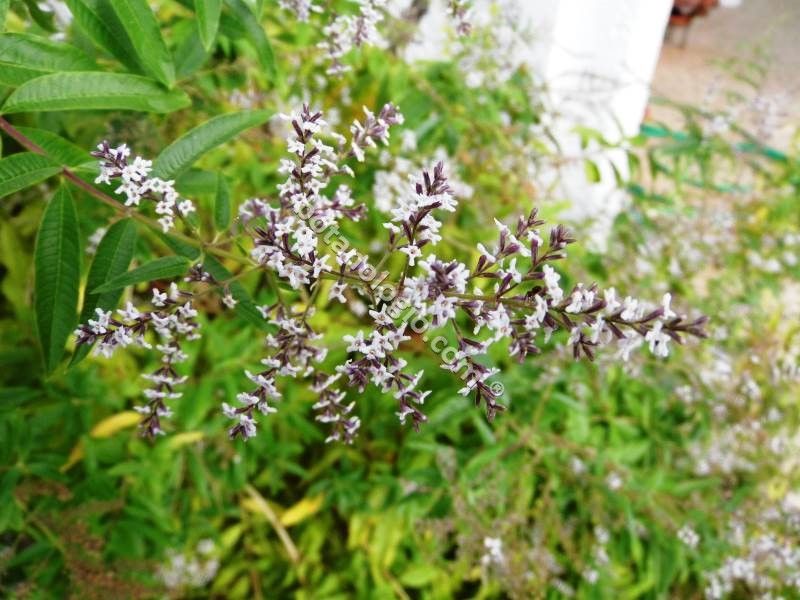Borage nutrients & collection

One of the herbs of the Greek countryside that you will meet with many names and is offered for a variety of healing properties, is borage! It is known from antiquity, as there are references from both ancient Greece and ancient Rome.
Of course it has many names depending on the geographical area that grows, while it belongs to the native herbs of Greek nature. Other names besides borage are starflower, tailwort, with Latin name borrago officinalis.
It is considered weed, while it is often cultivated in gardens due to its special flower. It is a native herb of the Mediterranean, where its origin seems to be from Asia Minor and has spread throughout the Mediterranean Greece, Turkey and Spain, while it is also found in Central Europe and North Africa.
It is easily recognized as a tall shrubby herb that reaches 90 cm, with strongly fluffy oval leaves and equally fluffy shoots, and especially, small star-shaped flowers of intense blue-purple color that does not go unnoticed. It is a very hardy herb both in different soils and at extreme temperatures. Of course, it prefers fertile and sunny soils.
The flowering period is the summer months from May to August. Essentially the whole borage is useful, from the leaves to the root. The leaves are harvested in the spring before flowering, the flowers throughout the summer, and the seeds and roots are harvested in the fall. It is an annual plant that you will collect from spring to mid-autumn.
Borage has a high content of minerals, tannins, linoleic acid and alkaloids, while it is considered an important means for immediate recovery from hang over. At the same time, it contains a significant amount of mucus (sticky plant substances) as a result of which it relieves as a poultice from external inflammations and as a drink from internal inflammations and ulcers of the digestive system.
Dosages vary depending on the use, with the basic rule of using 1-2 grams per day for internal consumption that should not exceed 2 months of continuous use. The external use of the oil can be done until the improvement of the respective condition (eczema, dry skin, ulcers, inflammations, arthritic pains and swellings).
Overconsumption can cause nausea, headaches and bloating. People allergic to borage should never consume it, while its use is not recommended during pregnancy and breastfeeding. It can interact with medications in people suffering from schizophrenia but also with sedatives – hypnotics. Consult your personal doctor before starting any treatment with borage!
